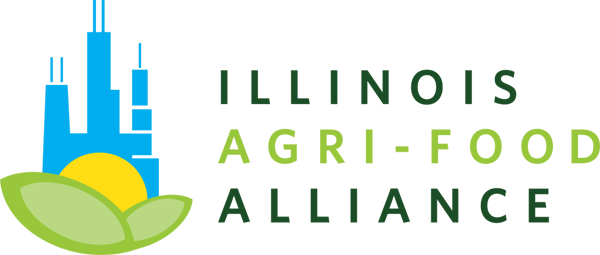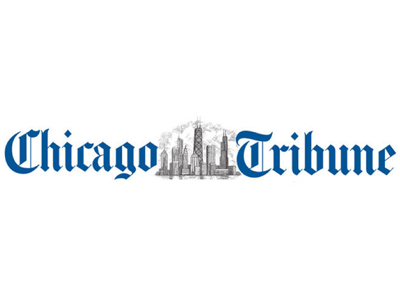By: Melissa Harris
CHICAGO TRIBUNE
September 11, 2014
A high-powered group of city and state business leaders will launch a new agriculture and food initiative Friday, called FARM Illinois, to bridge the gulf between rural producers and environmental and transportation experts in Chicago.
The partnership’s board will meet four times between now and when its final report is issued in the spring.
Thereafter, the plan is either to fold the group’s recommendations into the city’s Plan for Economic Growth, which is being overseen by the quasi-governmental group World Business Chicago, or to form a new organization to implement ideas, said Lori Healey, the Tur Partners chief executive who will manage the process until April.
Former Mayor Richard M. Daley founded Tur Partners. Healey started her career in agriculture and water policy in Kansas before moving to Illinois to work on broader economic development issues in state and city government, including Chicago’s failed Olympic bid and a successful NATO summit.
The Searle Funds at the Chicago Community Trust has committed up to $575,000 to hire staff, which includes Healey and Marshall Bouton, the former president of the Chicago Council on Global Affairs.
University of Illinois President Robert Easter, previously dean of the school’s college of agriculture, will chair the partnership’s board. Among its members will be Illinois economic development chief Adam Pollett, Eli’s Cheesecake President Marc Schulman, Roundy’s CEO Bob Mariano and chef Art Smith, Healey said.
Discussions between Chris Kennedy, chairman of the University of Illinois’ board of trustees and a board member of the Chicago Community Trust, and trust CEO Terry Mazany spawned the effort. Kennedy, former president of Merchandise Mart Properties and a son of the late Robert F. Kennedy, is the founder of a nonprofit that delivers high-quality food to needy families at prices below those in grocery stores.
“We’re going to address business climate, legislative and regulatory policies and what we need to do to improve our waterway system,” Healey said. “So much produce goes through” Chicago.
It’s also a bit of a repeat of a 4-year-old planning effort called the Vision for Illinois Agriculture, which was spearheaded by the Illinois Farm Bureau.
“That vision was very producer-driven, and by producers, I mean growers,” Healey said. “There wasn’t a really good connection to the markets, processors and infrastructure in Chicago.”
That final report also included more than 70 to-do items, almost all of which were impossible to implement without dedicated staff and resources. Healey said the issue of follow-through is at the forefront of her mind.

